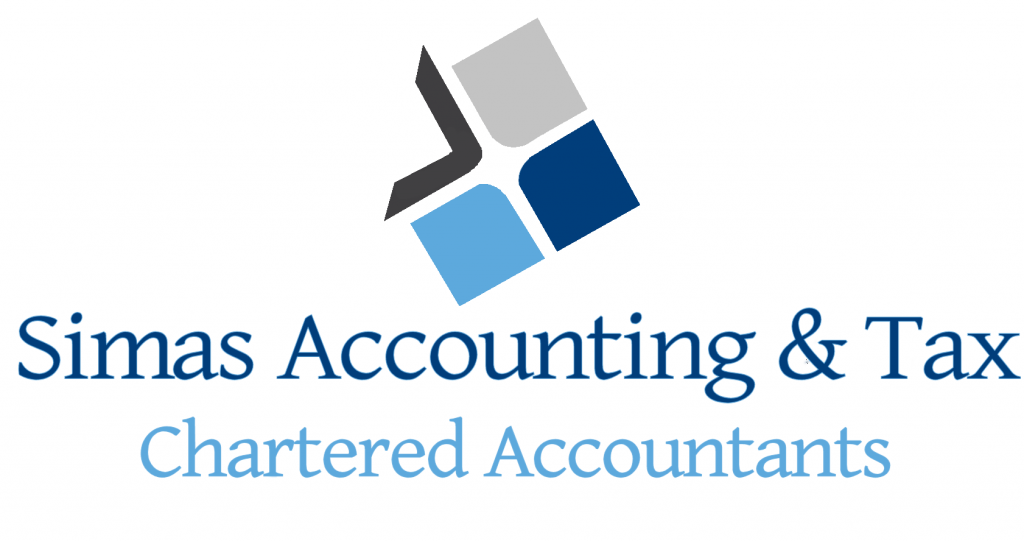Could Your Finances Be Recession Proof?
15th July 2020Could your finances be recession proof?
The IMF says that the global economy will shrink by 3% this year. With many countries on the brink of Recession, the IMF has described the decline as the worst since the Great Depression of the 1930s.
Most economic analysts are in agreement that things are going to get worse before they get better. So our minds must turn to how we will navigate such difficult times ahead.
So in the spirit of pro-activity, here are 6 things you can start doing right now to recession proof your finances:
-
Budget and reduce expenses to live below your means
Even during stable markets it’s wise to live and spend below your means. That way you can build up an emergency fund, invest in assets, and generally prepare yourself for any unexpected life events. If you expect to be hit by a recession, that’s all the more reason to evaluate the costs of your lifestyle.
-
Pay off your debt
Your debt collectors are not going to care that there is a recession and money is tight. If anything it can make them more determined to get what’s owed. So if you want the best possible personal finances in a recession, try to pay off, or mostly pay off any debts as quickly as possible. A credit card balance transfer might be worth considering or perhaps a loan to restructure your debt that provides an overall better interest rate – both will reduce your debt payments if you are unable to completely pay them off.
-
Have your emergency fund ready
You should always try to prepare for the unknown. To best protect your finances in a recession, try to build up an emergency fund that can help you get out of hot water when an expensive event occurs, like job loss and sudden home or car repair. A best practice is to open a separate savings account—preferably one with a high interest rate and no penalties or restrictions on withdrawals at a moment’s notice—and start funnelling small amounts into it every month, and whenever spare cash is on hand.
-
Build up your credit score
A good credit score opens all kinds of doors to better deals and opportunities to borrow money, if necessary, at lower interest rates and lower penalties. One of the best ways to boost your credit score is to get a credit card and keep the balance low, and pay it off regularly. Another best practice is to pay all bills on time in full.
-
Diversify
During a recession, the last thing you want is to have all your eggs in one basket. To spread your risk, consider other products and services that you could be offering your clients. Also, consider new markets that might help generate additional revenue streams. In turbulent economic times, it is the businesses with their fingers in multiple pies who often survive and even thrive.
-
Evaluate your work situation
Not every job is sustainable in market recessions. People and businesses alike are bound to cut their costs, and any non-essential costs are first to go. So take a moment to consider if your job and skill set is non-essential in hard times. If not, great. If yes, you may want to start expanding your skill set, build your network and think about moving jobs. Free online academies and LinkedIn can help you there.






